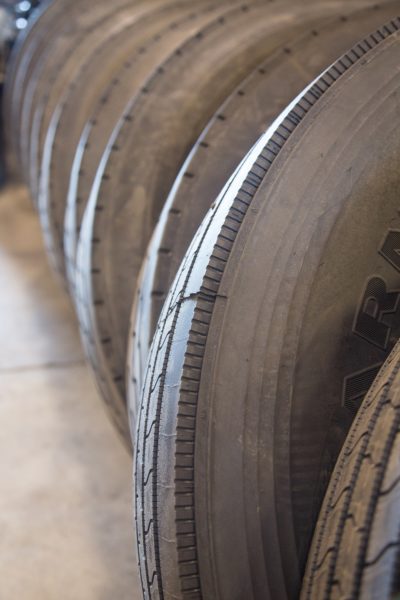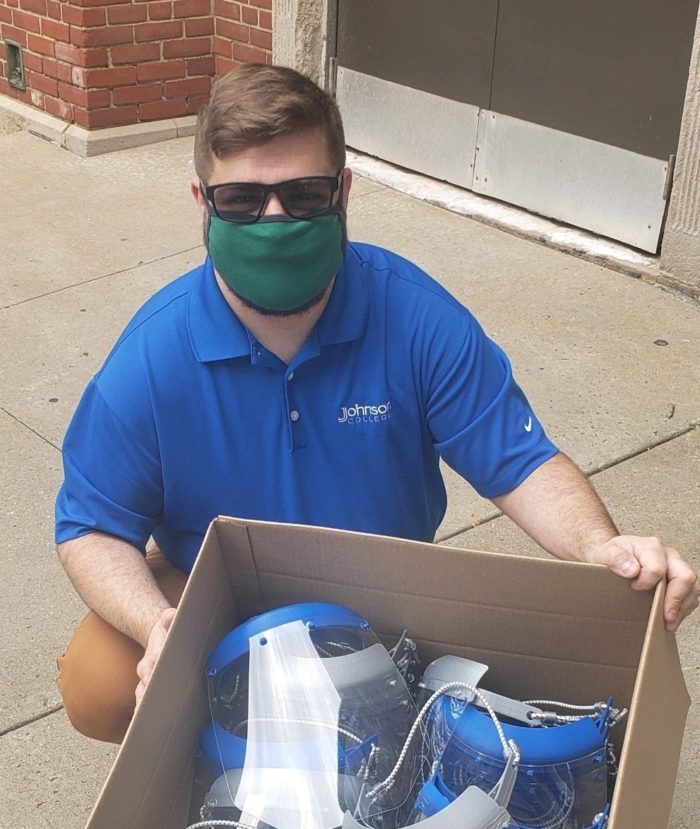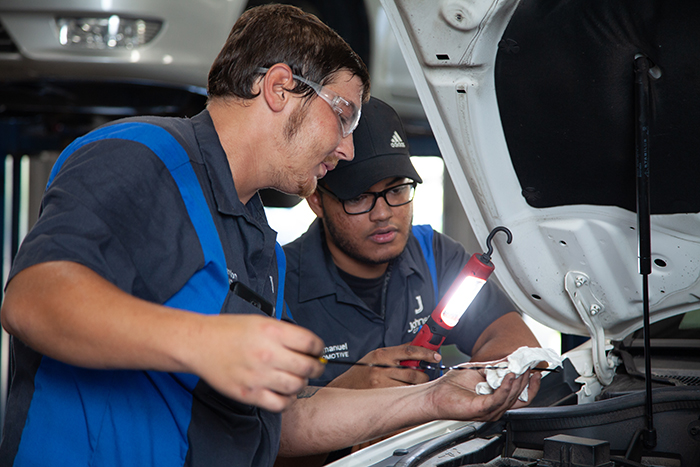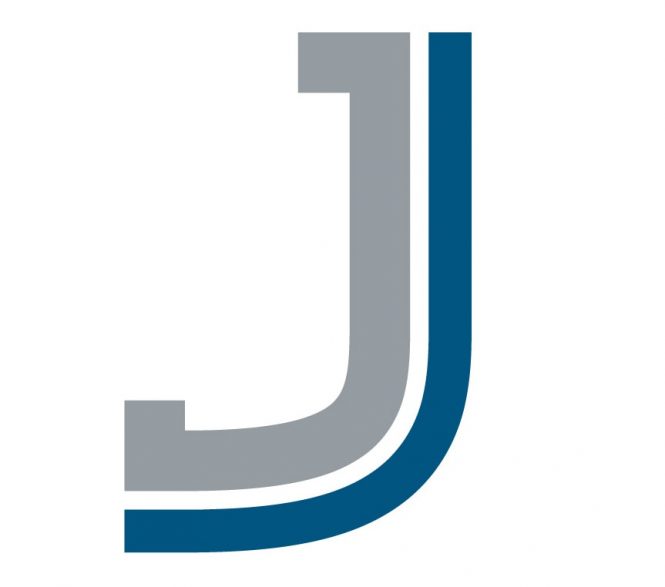By Mark Kozemko, Johnson College’s Automotive Technology program director
Original published in the July 24, 2020 edition of the Valley Advantage. https://www.thevalleyadvantage.com/community-columns/from-headlights-to-taillights-when-the-rubber-hits-the-road/article_79003ac2-8a5d-50c9-9ff5-aeec7c6f96f4.html
Most vehicle owners rely on some sort of repair shop or repair technician to take care of their vehicle, much like we all rely on our doctors to take care of our bodies. So today, we’re talking about how to take care of your vehicle’s feet, the tires. Several questions have been brought to my attention regarding tires. So let’s get started.
The first question is: “How important are good tires?”
This is a loaded question because the definition of a “good” tire may differ from one person to the next. First off, let’s change good to safe. Safety is the top priority. Several conditions will deem a tire unsafe. This includes low tread depth, uneven wear, low tire pressure and rubber deterioration, also known as dry rot.
If all of the vehicle suspension components and steering geometry, or alignment, are in good condition, tires will wear evenly and you will get the most out of them as possible. If there are worn suspension parts or the alignment is off, then tires will wear unevenly and require replacement more often. When tires are replaced because of uneven wear, it may indicate a problem other than tires. If this is the case, have your suspension parts and the alignment checked.
“What effect do tires have on the overall wear and tear of my vehicle?” is our second question.
Let’s start with an easy analogy. It’s summer time, so we’ll use a beach ball as an example. Picture a flat level surface and a beach ball. With the correct amount of air pressure the ball will roll smoothly over the surface and reach the finish line. Now take air pressure away and try to roll the ball. The ball will not roll as smoothly and will have to be pushed more often to get it to the finish line. On the other extreme, you now have a ball with too much air pressure. This ball rolls OK but every imperfection in the surface causes the ball to bounce, which may throw the ball off course.
What does this all mean? Simply, correct tire pressure is critical to obtaining optimum performance from your tires and from all of your vehicle systems. Too little pressure causes tires to wear on both inner and outer shoulders and, like the ball needing more power to get across the finish line, your engine will work harder than it should to get you moving. Too much air in the tire causes it to bounce excessively, causing premature wear on suspension parts. A wear pattern on the tires will resemble cups in the tread called cupping. If the pressure is too high but not high enough to cause bouncing, the tire will wear in the center all the way around, requiring replacement.
Most, if not all vehicles produced since 2010 are equipped with a Tire Pressure Monitoring System. This system monitors the air pressure in your tires. If your vehicle isn’t equipped with a Tire Pressure Monitoring System, it’s important for you to check your tire pressure regularly, usually every other stop at the gas station.
Now to our last question. “Are snow tires really necessary?”
Well, yes and no. it all depends on your comfort zone on driving without them. Winter tires, formally known as snow tires, provide increased driver confidence along with added traction to get you to your destination. If you use winter tires on all-wheel drive vehicles and SUVs, make sure you use four of them. I also recommend running winter tires on all four wheels on a rear-wheel or front-wheel drive vehicles.
To conclude, as with everything, tire technology has greatly advanced. If you’re comfortable enough to determine the condition of your tires and you believe they need to be replaced, by all means, do it.
If you aren’t sure, like most vehicle owners, build a relationship with a repair shop or dealer. Trusting your body or vehicle to others are big steps. When you find the right doctor or repair shop it gives you the best opportunity to keep you or your vehicle running efficiently and safely.
The next Headlights to Taillights column will be published in the August 28, 2020 edition of the Valley Advantage.






